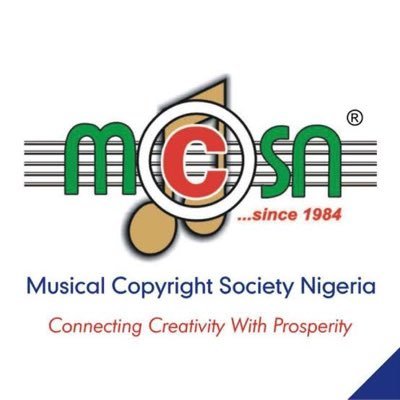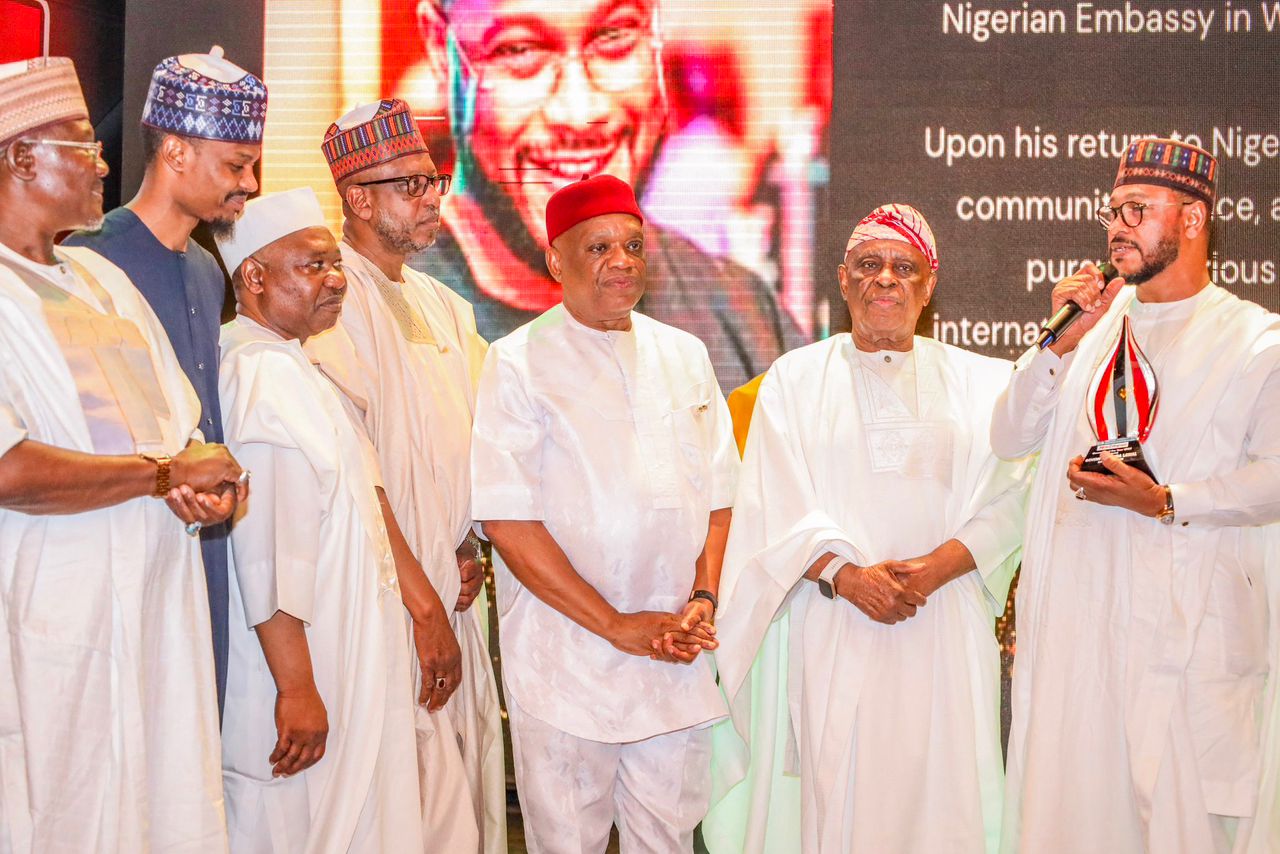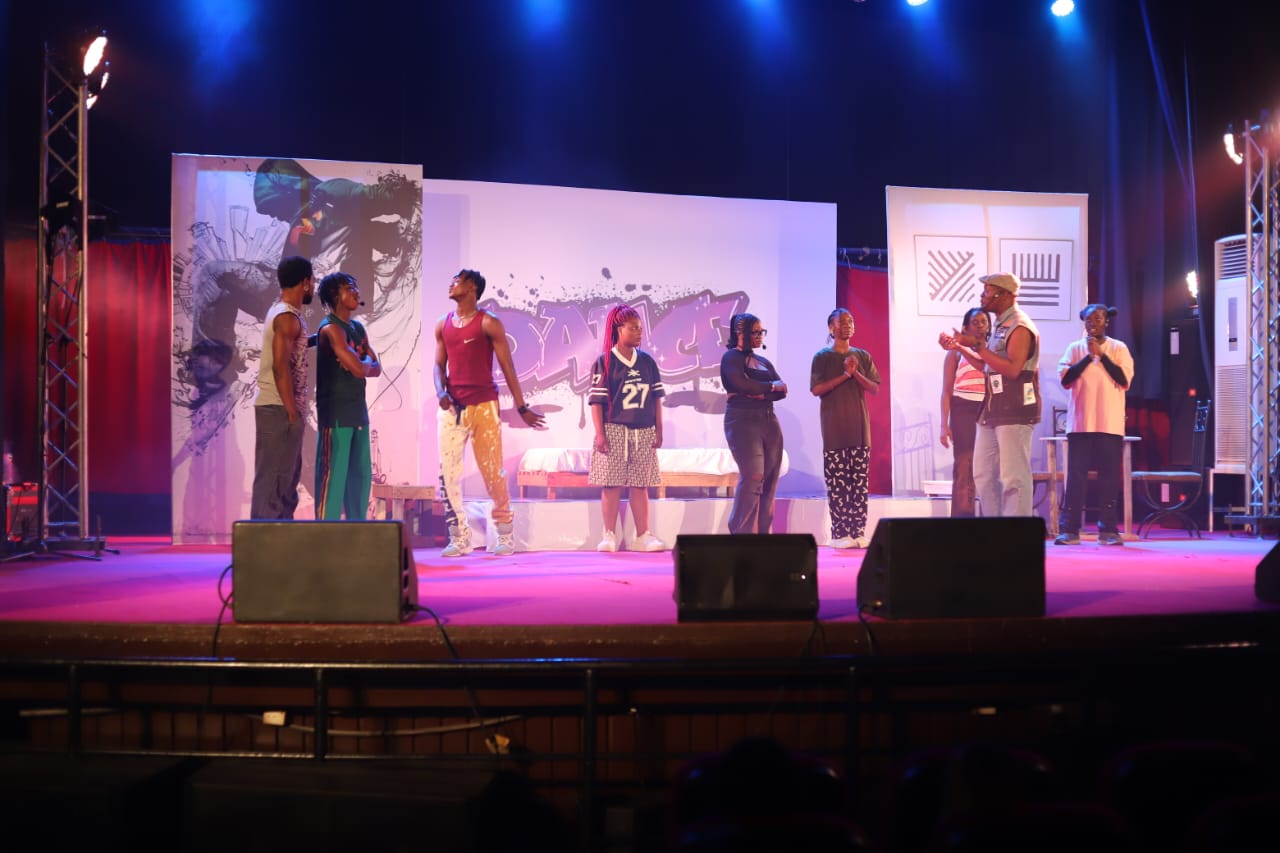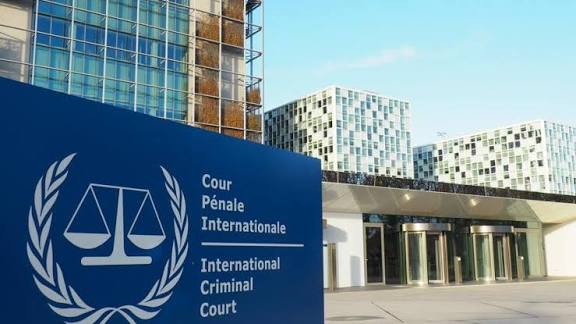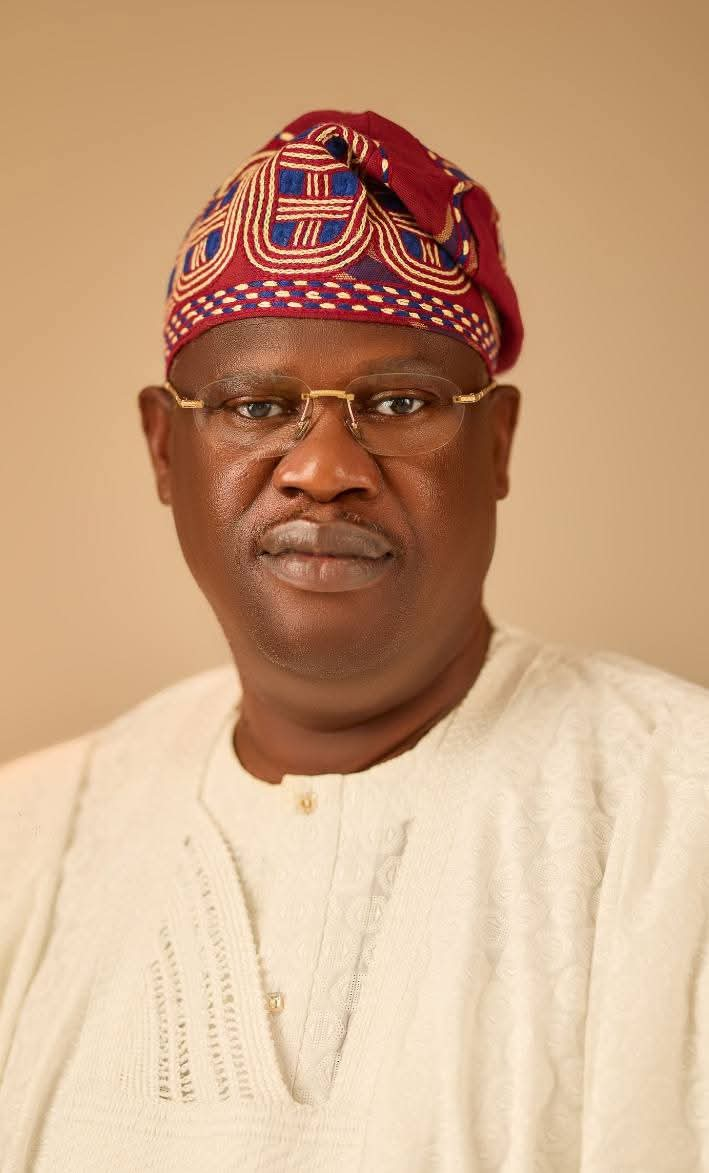The Lagos Arena: Unlocking Nigeria As Investment Goldmine Through Sports Infrastructure
BY ADEDAMMY ADEDOTUN
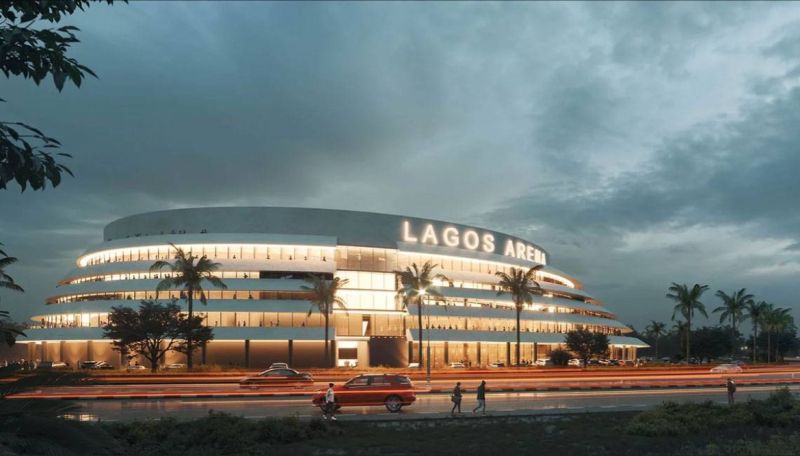
For a very long time, the absence of a world class purpose-built indoor facility has deprived Nigeria of hosting major sporting events. In 2015, the National Basketball Association (NBA) played an exhibition game at the Ellis Park Arena in Johannesburg, South Africa. The game, which featured “Team World” vs “Team Africa” was the first NBA Game in Africa.
It was also the first game involving any major North American professional sports league to be organized on the continent.
Many felt that such a historic game should have been played in Nigeria, especially considering that four of the thirteen players that suited up for Team Africa are of Nigerian descent.
Tunji Adeyinka, GMD of Republicom Group, shared how the absence of a big sport facility affected his business case when he worked with some South African partners to bring the Williams sisters – Serena and Venus, to Nigeria in 2012. The sisters played an exhibition match at the Lagos Lawn Tennis Club, Onikan, which sits less than 3,000 people.
I agree that the potential revenue would have been more if we had a bigger arena. He also shared how he has sat in meetings where Nigeria was not considered for major events due to our lack of befitting arena to host them.
The Basketball Africa League, the continental basketball league, jointly owned by the the International Basketball Federation (FIBA) and NBA Africa, and fully operated by NBA Africa, has held its group games and finals in three cities across Africa – Dakar, Senegal; Cairo, Egypt; and Kigali, Rwanda. For the 2024 season, Pretoria, South Africa joins the cities that will host a BAL Game. When it comes to major sporting events, Nigeria is conveniently passed over.
But sport is not the only industry affected by our lack of world-class arenas. Entertainment is, too.
Sporting arenas across the world provide a venue for top artistes to organize concerts and tours. Most of the venues of Burna Boy’s ‘Space Drift Tour’ and ‘I Told Them Tour’ are indoor arenas . From the Climate Pledge Arena in Seattle, US; Scotiabank Arena in Toronto, Canada; Accor Arena in Paris, France; 3Arena in Dublin, Ireland, to Rotterdam Ahoy Arena in Rotterdam, Netherlands.
Nigeria music stars have sold out major arena across the world – O2 Arena, Barclays Centre, Maddison Square Garden, AO Arena. These arenas have an average capacity of 20,000. Unfortunately, they are unable to replicate this success in Nigeria.
The largest indoor sports arena in Lagos – The Molade Okoya Thomas Hall of Teslim Balogun Stadium, sits less than 2,000 people. The indoor hall of the Abuja Stadium accommodates about 3,000 people. So, artistes have resorted to using conference venues like the Eko Convention Centre, the most prestigious venue in Nigeria, for concerts and entertainment shows. Even at that, the Eko Convention Centre can only conveniently host up to 6,000 people in concert.
The main hall of the National Theatre, Iganmu can become a desirable venue for concert event when fully revamped. However, in its current state, it can only host 5,000 people. Simply put, Nigeria does not have the infrastructure to cater to the fast-growing sports and entertainment industry.
This gap would have been an ideal investment opportunity for the Federal and State Governments in Nigeria to leverage to drive economic growth, create employment, promote local and international tourism, and increase internally generated revenue.
All the States of the country have existing sporting infrastructure that can be remodeled and redeveloped as world-class arenas. They have the infrastructure and the land for greenfield projects. What they seem to lack, in my opinion, is the political will and expertise to drive improvements in existing infrastructure to fit world class standards.
History has shown that most of these government-owned infrastructure were not designed to fit the multi-functional use of sport arenas in the 21st century and to deliver the entertainment experience that drives revenue. And of course, maintenance and sustainability remain key issues.
It, therefore, behooves the private sector to lead the charge for infrastructure development for the sports and entertainment industry in Nigeria. This is exactly what the promoters of The Lagos Arena are doing.
The Persianas Group, a real estate investment firm based in Lagos and developers of The Palms shopping malls in Lekki, Enugu, Ilorin, and Ibadan, are leading the construction of a $100m ultra-modern state-of-the-art entertainment and sporting arena in Lagos, Nigeria – THE LAGOS ARENA.
The Lagos Arena will become the largest indoor sports and entertainment arena in the country with a capacity to sit as many as 12,000 people. The Arena automatically becomes the preferred destination for music concerts, entertainment activities, cultural festivals, and major sporting events.
Think NBA Global Games, UFC and WWE fights, the Basketball Africa League, WTA, and ATP exhibition matches, World Table Tennis championships etc. Think music concerts all year round featuring both African and International acts. We now have an arena big enough to support a business case for those events.
The promoters know this too. They project to host over 200 events annually at the arena. That is an average of four events per week. Event is the major revenue driver for any sports and entertainment facility. The more the events, the more revenue is earned, and the more profitable the investment is for the promoters.
Events also require the services of professionals along the event value chain. Events translate to jobs. The Lagos Arena is projected to generate over 1,500 direct and indirect jobs. The Arena creates a win-win situation for the host community – Lagos, the sport and entertainment industry, and the consortium of investors behind the project.
This consortium of investors includes Persianas Group, the Nigeria Sovereign Investment Authority (NSIA), Oak View Group, Live Nation, the Yinka Folawiyo Group and Adino Capital. This consortium has a balanced representation of local and international investment, and private and institutional capital.
NSIA’s investment in the Arena will be the Authority’s first foray into the real estate sector. I expect that this investment would be made through the NSIA’s Infrastructure Fund (NIF) which focuses on domestic investments.
Oak View Group has years of experience developing and managing sports and live entertainment venues in the world with a portfolio of venues that includes Climate Pledge Arena in Seattle and the soon to be launched Co-op Live in Manchester, among others.
The company has committed over $5billion to developing new arenas in the next 3 years.
Live Nation is arguably the world’s largest producer of live entertainment with over 44,000 concerts and 100+ festivals produced till date. Beyond their capital commitment, the technical expertise and experience that these companies bring to bear will be critical in the successful operation of the Lagos Arena.
The Lagos Arena and the consortium driving this investment have demonstrated that private funding and the right partnerships can deliver infrastructure for the sports and entertainment industry. But this does not completely absorb the Government of its responsibilities. We only need to define the role that the Government must play going forward.
In the National Sports Industry Policy (NSIP), approved by the Buhari-led administration, the role of the Federal and State Governments is clearly defined. The policy focuses on the 3I and 1P strategy highlighting that for us to attract the much-needed private sector investment in infrastructure, there must be incentives backed by policies. Therein lies the role of Government – incentives and policies.
The potentials for sport to drive social and economic growth is being recognized and harnessed across the world. Perception of sports is changing and governments at both national and subnational levels are developing policies to reflect this change in direction.
Saudi Arabia, through the Saudi Vision 2030 is investing in sports to increase the contribution of sports to the Kingdom’s GDP.
Nigeria’s NSIP indicates the intention of the government to treat sports as a business and increase private sector participation in the industry. State governments are also following in these footsteps by domesticating the Policy. Kaduna State Government approved its sports industry development policy last year.
These policies will lay the foundation for attracting and incentivizing private sector investment in sports. These incentives could be in the form of tax holidays, waiver on taxes and levies, concession of existing facilities to private managers and investors, investment in ancillary infrastructure, access to loan facilities and grants, dedication of land for sport and entertainment infrastructure, etc. These are vital steps that must be taken to ensure that such monumental and impactful project can be replicated across major cities in Nigeria.
Clearly, The Lagos Arena is a good start for Nigeria but more of such arenas would be needed across the country to deliver a robust sports and entertainment ecosystems. These arenas will also help Nigeria drive the business tourism in the country and leverage on the growing global business travel industry through the Meetings, Incentives, Conferences and Events (MICE) strategy.
We need a minimum of 15 arenas like The Lagos Arena across major cities of the country over the next 5 years to fully optimise the sports, entertainment, events, and business travel economy. This will put Nigeria on global radar for hosting major events.
The groundbreaking ceremony of The Lagos Arena was held on the 24th of February 2024, with completion date set for December 2025. The Lagos Arena is located at Palms Mall Lekki, 1 Bismay Street, Oniru, Lagos and will sit on a total construction area of 25,600 sqm.
–Adedotun is the Head of Strategy at The Temple Company, a full-service sports, production, entertainment and public relations company in Lagos, Nigeria



